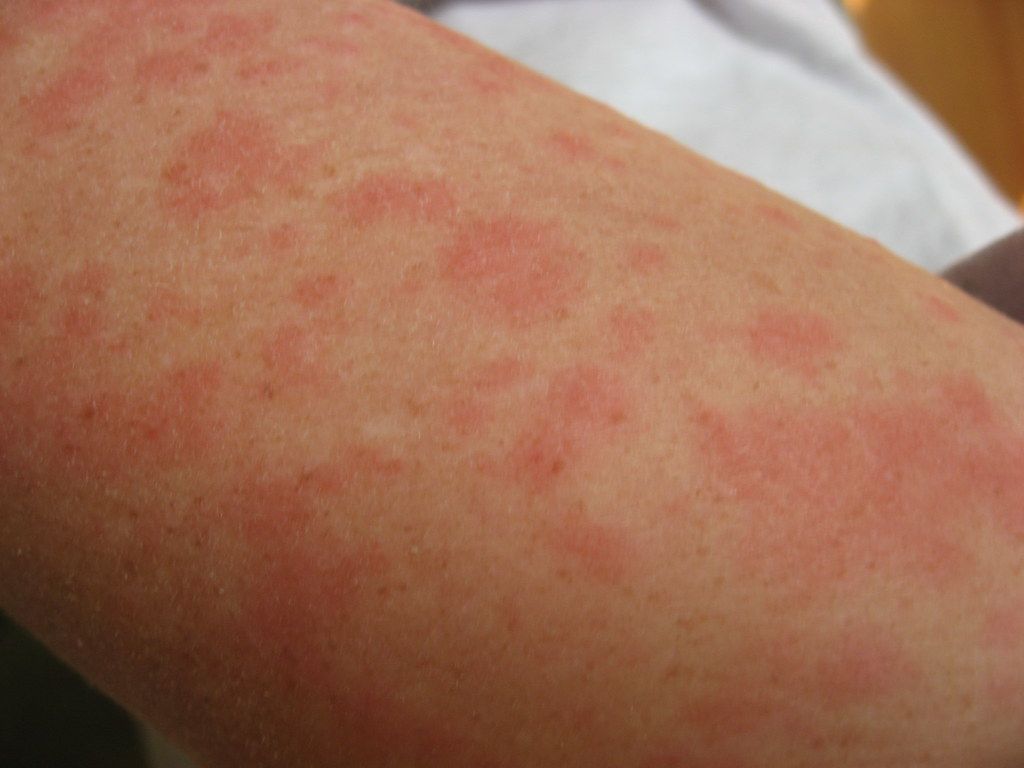
The Straight Talk Guide to Conquering Hives
- Aug 19, 2025
One day your skin is as smooth as a baby's bottom, and the next thing you know, it's spotted with welts like you've gone ten rounds with nature and lost. Welcome to the world of hives. These unpredictable, often maddening skin eruptions, can be triggered by almost anything, and they've been known to leave even the most level-headed amongst us feeling more than a little unhinged.
Remember though, you're still the boss of your body. Sure, hives might be a bit of a mystery but to hell with unsolved mysteries. Let's get to unpacking the enigma that is hives.
Here's what you need to know. Hives look the same whether you're squatting front of a sunflower field, or gulping down a pint of beer. They're these annoying little red or skin-colored bumps. Poke them and they turn white. They're mostly known for their chameleon act; they change shapes, move around, and make unsolicited appearances all over your body. All this according to Adam Friedman, MD, a dermatology chair at the George Washington University School of Medicine and Health Sciences in Washington, DC.
Ever woken up to an itch you just can't scratch? Yup, you guessed it. That's hives. You can have them either in a short-termed cycle (acute) that resolves within six weeks, or a stubborn cycle (chronic) that dwells past the six-week mark.
To truly understand these insubordinate rashes, let's talk about your body's allergic reaction. Picture this. Your immune system is an overprotective parent and allergens are the bad boys or girls your parent warns you about. So, once an allergen infiltrates, your body flips out, releasing a slew of chemicals, and among these is the notorious histamine.
Histamine is the snitch that agitates your blood vessels to leak fluid and swells up your skin to form hives. It also sends messages to your nerve cells that set off that pesky itch. Don't be quick to point fingers at histamine, though. Sometimes other culprits can be at play, instigating histamine-like effects.
Are your eyes, mouth, hands, feet, or throat getting a little too puffed up? That's angioedema. Have you been around something you're allergic to and now you're having severe reactions? That's anaphylaxis. Both can be life threatening, so you might want to dial '911'.
So, what's your trigger? For some, it could be certain foods like peanuts, eggs, and fish. Got a current medication? Blame that too. The most common medicines triggering hives are nonsteroidal anti-inflammatory drugs (NSAIDs), aspirin, antibiotics, and diuretics. Even infections, like that annoying cold you've been battling, can set off hives.
Ever got itchy by merely touching something? Yep, that's contact urticaria and it's even triggered by latex or dander. What about environmental stimuli like pressure, cold, heat, sun exposure, vibrations? Yup, those too can cause hives.
It's important to remember that hives, while a royal pain in the derrière, are not contagious. With some luck, a single hive usually clears out within a day. But if you've got hives that hold Fort Knox-levels of endurance, or you're having difficulties breathing, get yourself to a doctor pronto.
In conclusion, hives might be nuisances but don't let them get the best of you. Know your triggers, manage your environments, and most importantly, remember that there’s plenty of expert help out there if you need it.






